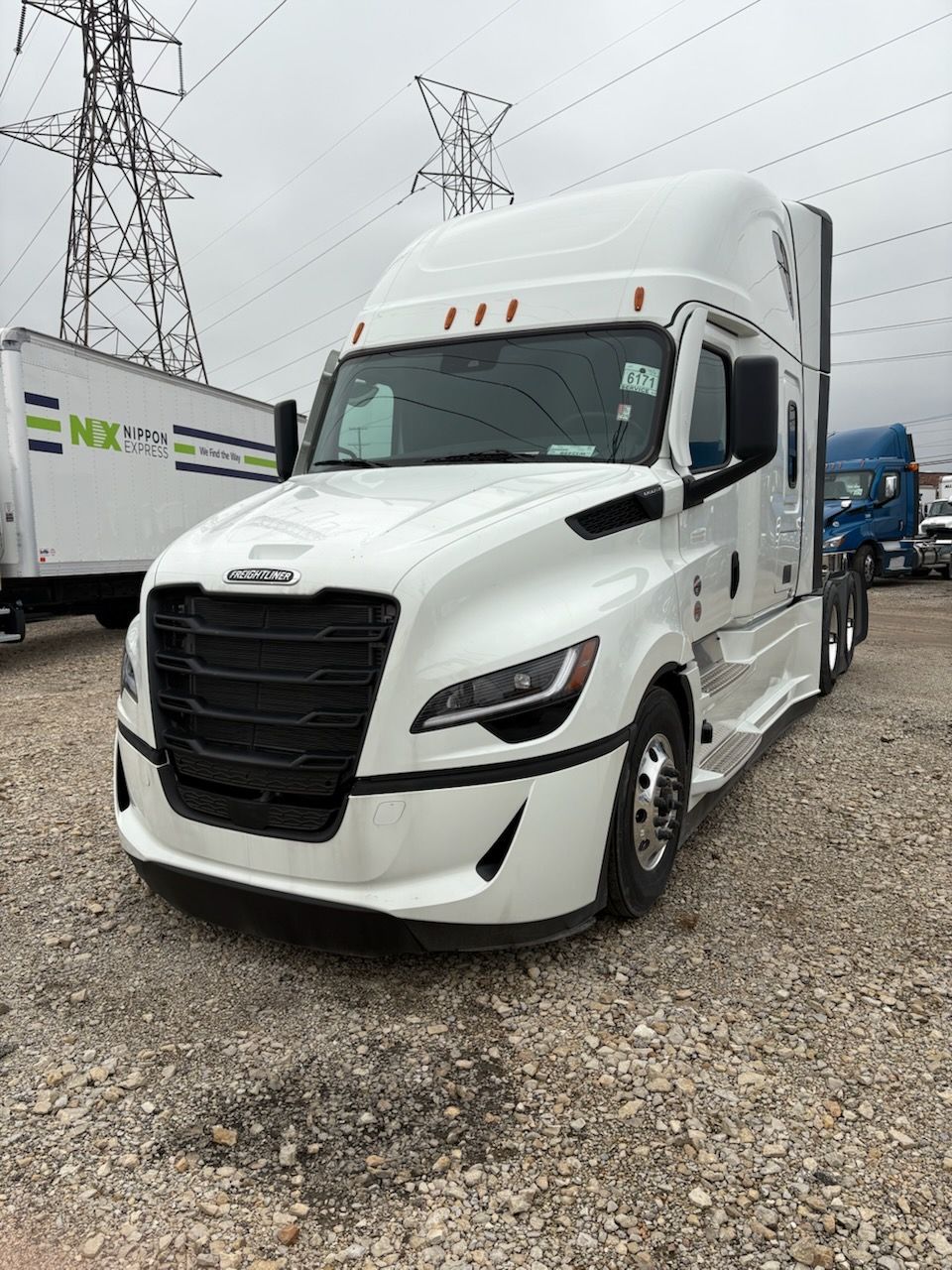The CDL Downgrade Threat
Share this Article:
How the Clearinghouse Rules Could Impact Thousands of Drivers

The trucking industry in the United States is facing a significant challenge. With stricter regulations being enforced through the FMCSA’s Drug and Alcohol Clearinghouse, thousands of commercial drivers may find themselves at risk of having their Commercial Driver's Licenses (CDLs) downgraded. This article will explore the Clearinghouse rules, the upcoming changes, and the potential impact on drivers across the country.
What is the FMCSA Clearinghouse?
The FMCSA’s Drug and Alcohol Clearinghouse is a secure online database designed to provide real-time information about commercial driver’s license (CDL) and commercial learner’s permit (CLP) holders’ drug and alcohol violations. Established as a result of an act of Congress, the Clearinghouse is accessible to employers, FMCSA, State Driver Licensing Agencies (SDLAs), and state law enforcement personnel. The database aims to improve safety by identifying drivers with violations and ensuring they are not able to continue operating commercial motor vehicles (CMVs) until they have completed the return-to-duty (RTD) process.
How Does the Clearinghouse Work?
The Clearinghouse collects and stores information on drug and alcohol violations for CDL and CLP holders. Employers must query the database before hiring a new driver and at least once a year for existing employees to ensure there are no violations. This system allows employers to identify drivers who may have committed violations with previous employers and failed to disclose them, thereby preventing unsafe drivers from slipping through the cracks.
The First Rule: Employer and Medical Reporting
The initial Clearinghouse rule, which went into effect in 2020, required FMCSA-regulated employers, medical review officers (MROs), substance abuse professionals (SAPs), and third-party administrators to report any violations related to drugs and alcohol. Employers are required to check the database before hiring new drivers and annually for existing drivers.
The Second Rule: CDL Downgrade (Clearinghouse-II)
The second phase of the Clearinghouse rules, known as Clearinghouse-II, will come into effect on November 18, 2024. This rule is significant because it mandates that State Driver Licensing Agencies (SDLAs) must remove the commercial driving privileges of any driver in a "prohibited" status in the Clearinghouse. This downgrade will prevent the driver from operating a CMV until they have completed the required return-to-duty process.
In addition to employers, SDLAs will also be required to query the Clearinghouse before issuing, renewing, upgrading, or transferring CDLs or CLPs. If a driver’s status changes due to a violation, the SDLA must act by downgrading the license until the driver is cleared through the RTD process.
How Many Drivers Will Be Affected?
The impact of these rules could be significant. Based on FMCSA estimates, as many as 53,500 drivers may test positive for drugs or alcohol and need to complete the RTD process each year. Of these, around 24,000 drivers are expected to complete the RTD process, leaving a substantial number of drivers at risk of having their CDLs downgraded indefinitely.
Moreover, the Clearinghouse regulations have already revealed over 80,000 violations since its inception, with many drivers failing to fulfill the necessary return-to-duty procedures. As SDLAs begin enforcing CDL downgrades under the new rules, thousands of drivers may find themselves unable to legally drive commercial vehicles until they comply with the process, leading to potential labor shortages in an already strained industry.
Implications for Drivers and the Trucking Industry
The mandatory CDL downgrade rule is expected to affect not only individual drivers but also the entire trucking industry. Currently, the trucking industry is facing a driver shortage of around 80,000 drivers. If a significant number of drivers have their CDLs downgraded due to Clearinghouse violations, this shortage could worsen, potentially causing disruptions to the supply chain.
For drivers, this means that staying compliant with drug and alcohol regulations is more critical than ever. Violations could lead to immediate CDL downgrades, job loss, and difficulty finding new employment until they complete the lengthy RTD process.
What Can Drivers Do to Avoid Downgrades?
To avoid losing their CDL, drivers must remain vigilant about complying with all drug and alcohol regulations. Here are some key steps they can take:
- Stay Clear of Drug and Alcohol Violations: Any violation reported to the Clearinghouse could lead to a CDL downgrade. Drivers should avoid any behavior that could lead to a positive drug or alcohol test.
- Complete the RTD Process: If a driver is found in violation, they must promptly begin and complete the return-to-duty process, which involves evaluation by a substance abuse professional and a series of negative tests.
- Keep Medical Records Updated: Drivers should also ensure that their medical certificates and records are up to date to avoid other potential disqualifications.
Upcoming CDL Downgrades
The FMCSA’s Drug and Alcohol Clearinghouse and its upcoming CDL downgrade rule are crucial steps toward improving highway safety. However, the cost to drivers who violate these regulations could be significant, with thousands potentially losing their ability to operate commercial vehicles. It’s essential for both drivers and employers to remain compliant with the new rules to prevent widespread disruptions in the trucking industry.



